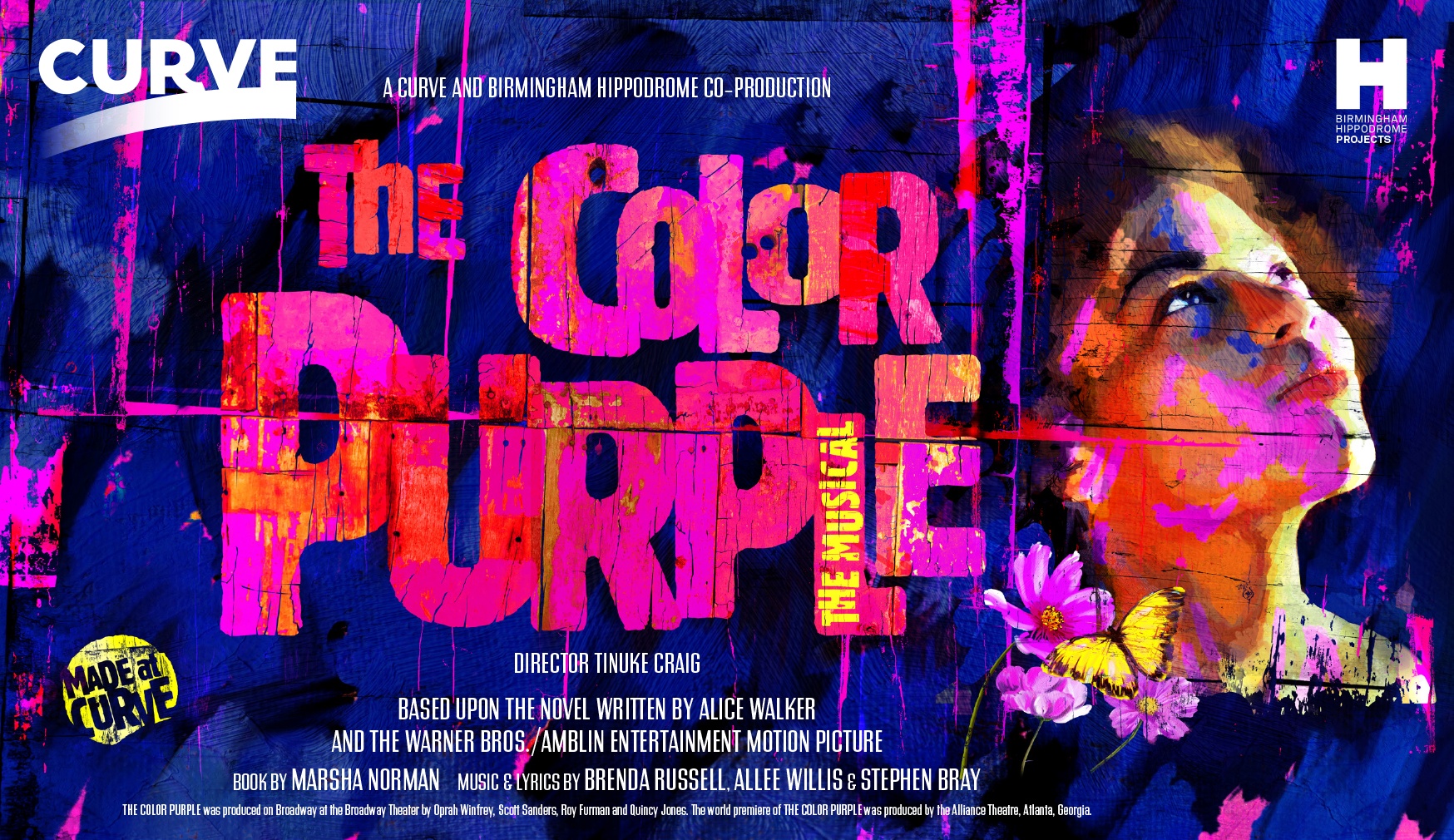In March 2019, Seyi Omooba was cast in the part of Celie, the leading role in the upcoming production of The Color Purple at the Curve Theatre, Leicester– a show based off a 1982 novel of the same name by Alice Walker. However, soon after the casting was announced, old Facebook posts were discovered where Omooba claimed she “does not believe homosexuality is right” and that Christians need to “step up and love but also tell the truth of God’s word”.
Following being called out on these comments and refusing to apologise or retract the statement, it was soon announced that Omooba would no longer be working on the project and was later dropped by her agents, leading to her reportedly saying her career is now ruined.
Despite the comments made, Omooba defends that she is not homophobic.
Six months on, it has emerged that Seyi Omooba has decided to sue Curve Theatre and her former agents Michael Garrett Associates for breach of contract and religious discrimination. Her lawsuit is being supported by the Christian Legal Centre. However, it is important to note that Omooba’s views do not reflect the views of all Christians – with many openly supporting LGBTQ rights and being part of the community themselves.
Controversy particularly was caused within the theatre community as one of the main plot features of The Color Purple centres around Celie’s relationship with another woman, leading actors such as Aaron Lee Lambert of Hamilton have questioned the “hypocrisy” of Omooba playing this role following her comments about LGBTQ people.
This incident has led to much debate about whether the decision to fire Seyi was appropriate. On one hand, it doesn’t seem appropriate that an actress with anti-gay views should be playing an LGBTQ character. From the theatre’s perspective, keeping Omooba in the role would potentially have dropped ticket sales due to the controversy behind her casting – in an industry relying partly on reputation to drive ticket sales and profit, it is understandable why Curve Theatre would have wanted to avoid this at all costs.
Beyond the technicalities of the role itself, we have to question whether it is right to have someone with such beliefs in a position of influence if we are trying to create a society that is open and accepting of all sexualities.
However, just as we say that all people have the right to love who they love, Seyi Omooba also has the right to believe what she believes in. Her viewpoints may not have any impact on her ability to perform the role she had been cast in, and if she believes that she is just following what her religion taught her is right and wrong, it is easy to see why she feels she has been religiously discriminated against for her expressing her views.
Everyone has the right to free speech, and Omooba is allowed to express her faith. However, it is a good example of how anti-LGBTQ views are often justified by religion and sparks the debate as to whether these views are acceptable under this context. I personally believe that no justification can excuse homophobic behaviour, and with hate crime against the LGBTQ community still as prevalent as ever, the message that discriminatory opinions are valid if it is due to your faith may not be one that we should be sending out to the world.
Photo Credit: Curve Online.

